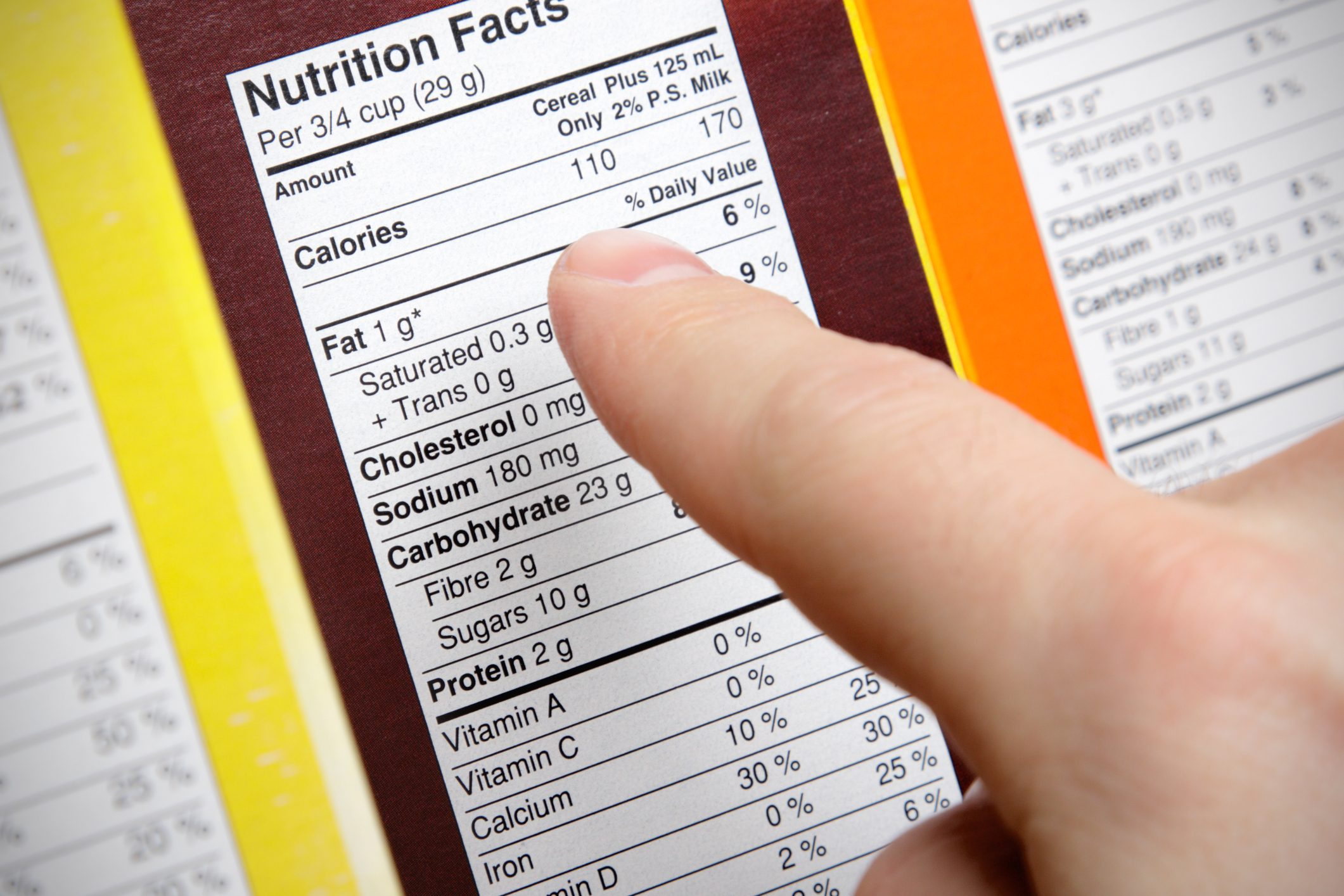What Are the Most Healthful High-Fat Foods?
The healthiest fats are monounsaturated and polyunsaturated fats, which include omega-3 and omega-6 fatty acids.
;)
There are some healthy high-fat foods we shouldn’t be avoiding, as the body needs a certain amount of fat in the diet to help with hormone function, memory, and nutrient absorption.
Fats also create a sense of fullness and add flavor to food. The healthiest fats are monounsaturated and polyunsaturated fats, which include omega-3 and omega-6 fatty acids.
Here are 12 healthy fat-containing foods:
1. Avocado

One avocado contains around 29 grams of fat and 322 calories. It contains a monounsaturated fatty acid called oleic acid, which is thought to provide health benefits.
Oleic acid may be anti-inflammatory, and animal studies show that it protects against heart disease and diabetes.
Avocados are high in fiber, and they also contain lutein, which is necessary for eye health, and is a rich source of potassium.
Use avocado in salads as, or as a replacement for mayonnaise and butter.
2. Chia Seeds

One ounce of chia seeds contains 8.71 grams of fat, most of which is omega-3 fatty acids.
Omega-3 can help relieve rheumatoid arthritis symptoms, and reduce triglycerides in the blood, and a 2014 study shows that chia seed flour can lower blood pressure in those with high blood pressure.
They also contain antioxidants, fiber, protein, and iron.
3. Dark Chocolate

Just one ounce of dark chocolate can be enough to reduce cravings for sweets, while giving you 9 grams of healthy fat and some other nutrients.
Dark chocolate is very rich in flavonoid antioxidants, with one test showing that cocoa powder contains more antioxidants than blueberry powder.
Some research links eating dark chocolate with a lower risk of heart disease in those native to the United States. Those who ate chocolate 5 or more times a week had the lowest risk of developing cardiovascular disease.
Choose good-quality dark chocolate with at least 70% cocoa for a high amount of flavonoids.
4. Eggs

Eggs are a great source of protein, and the egg yolk contains several important nutrients. A hard-boiled egg contains 5.3 grams fat, and 78 calories.
The yolk contains vitamin D and choline, which supports liver, brain, nerve, and muscle function.
New research shows that eggs don’t increase cholesterol, and a 2018 study reported that 1 egg a day may lower the risk of cardiovascular disease.
Have an omelet for breakfast with veggies, or top a pasta dish with a poached egg to balance out the carbohydrates with protein.
5. Fatty Fish

These fish are full of unsaturated and omega-3 fatty acids, which are linked with good heart and brain health. The American Heart Association recommends at least 2 servings of fatty fish each week. Good choices include fresh tuna, herring, mackerel, salmon, sardines, and trout.
1 ounce of mackerel contains around 15 grams of fat and 20 grams protein.
Try to avoid shark, swordfish, King mackerel, and tilefish, as they may be high in mercury.
6. Flaxseeds

Flaxseeds are full of fiber and omega-3 fatty acids – a 2 tablespoon serving contains almost 9 grams of nearly entirely unsaturated fat, and 5.6 grams of fiber.
Flaxseeds are also rich in lignans, which is a compound that has antioxidant and estrogen effects. Research suggests that eating high amounts of dietary lignans may decrease the risk of cardiovascular disease in some people.
Blend flaxseeds into smoothies, use them in baking, or sprinkle on yogurt or porridge.
7. Nuts

Nuts are rich in healthy fats, fiber, protein, vitamins, minerals, antioxidants and phytosterols that could prevent type 2 diabetes and cardiovascular disease.
There is around 14 grams of fat in almonds, 19 grams in Brazil nuts, and 18.5 grams in walnuts. Eat a variety of unsalted nuts, as each one has a slightly different nutritional makeup. Have nuts as a snack, or add to salads for some crunch.
8. Nut and Seed Butters

You can reap the benefits from nuts and seeds in spreadable form by using nut butters, as each serving gives a healthy amount of good fats.
These spreads can be high in calories, so try to keep servings to 2 tablespoons. Buy nut butters that don’t contain sugars, salt, and oil, and have it on rice cakes, bread or even sliced apples.
9. Olives

Black olives provide 13.3 grams of fiber and 6.67 grams of fat per 100 grams, and it’s mostly monounsaturated.
A compound called oleuropein in olives may help prevent diabetes by helping the body secrete more insulin, while purifying a molecule called amylin that is part of the cause of diabetes development.
Olives can be high in sodium, so 5 large or 10 small are considered a standard portion.
10. Olive Oil

Extra-virgin olive oil is full of monounsaturated heart-healthy fats, and it also contains vitamin E, vitamin K, and other antioxidants. Extra-virgin olive oil is linked with a lower risk of heart disease and death with those at high risk of cardiovascular disease.
Use olive oil in cooking and dressings – 1 tablespoon contains 14 grams fat and 120 calories.
11. Tofu

Tofu is a complete plant protein, and a rich source of healthy fats. 100g of firm tofu gives just over 4 grams of fat, 11 grams of protein, and ¼ of a person’s daily calcium intake.
Use tofu to replace red meat in many meals, and add to vegetarian stir-fries to increase the protein content.
12. Yogurt

Full-fat natural yogurt contains probiotic bacteria to help support the digestive system. Eating yogurt regularly may reduce the risk of weight gain, and improve heart health.
Eating yogurt five or more times a week may reduce high blood pressure in women by 20%, according to research published in 2016.
Eat full-fat natural or Greek yogurt, and steer clear of those with added sugar. Have yogurt with nuts, fruits and seeds as a healthy breakfast, dessert, or snack.
Avoid Trans Fats
Artificial trans fats may be listed on labels as partially hydrogenated oils, and they are very bad for your health.
Trans fats increase inflammation that could raise the risk of heart disease, stroke, diabetes, and other health issues.
Fried foods, frozen pizzas and pies, baked goods and margarine contain trans fats.
;Resize,width=767;)
;Resize,width=712;)
;Resize,width=712;)
;Resize,width=712;)
